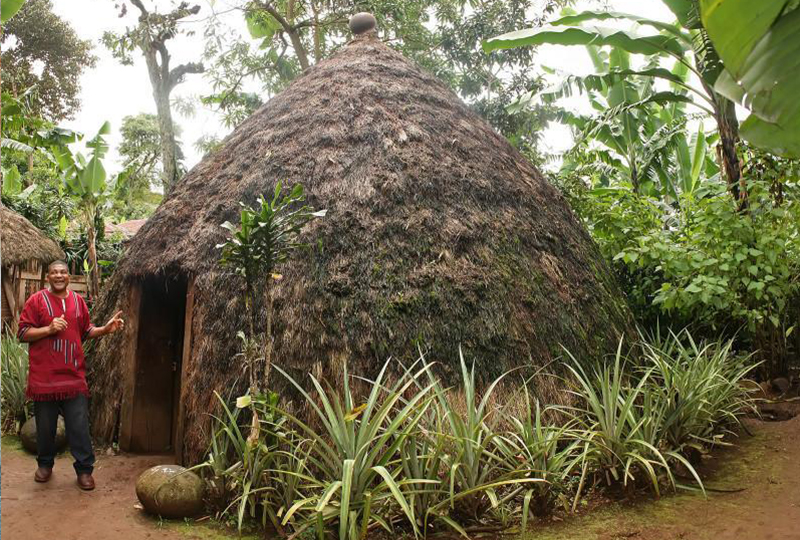Spiritual and Religious Practices in Tanzania
Understanding Faith, Tradition, and Sacred Spaces
Tanzania is not only a land of diverse landscapes and cultures, it’s also a country of deep spiritual and religious significance. From the traditional rituals of indigenous tribes to the harmonious coexistence of Christianity, Islam, and African spiritual practices, Tanzania’s religious diversity plays a vital role in shaping daily life and identity.
At Mandari Travel, we believe that understanding a country’s spiritual roots brings travelers closer to its people. Join us on a journey through Tanzania’s spiritual landscapes, where faith meets tradition and culture comes alive.
A Country of Religious Harmony
Tanzania is known for its peaceful coexistence of religions. The population is largely divided between:
- Christianity (mostly in the north and inland areas)
- Islam (predominantly along the coast and in Zanzibar)
- Traditional African religions (practiced especially among rural and tribal communities)
Religious holidays such as Eid, Christmas, and local harvest festivals are celebrated respectfully across communities, often with shared participation.
1. Indigenous Beliefs and Ancestral Worship
Many Tanzanian ethnic groups, such as the Chaga, Sukuma, and Iraqw, still practice elements of traditional African spirituality. These include:
- Ancestral veneration
- Nature-based rituals tied to rivers, trees, and mountains
- Initiation ceremonies and rites of passage
- Spirit mediums and healers
While modern faiths are widely practiced, many people combine Christian or Islamic beliefs with traditional spiritual practices, especially in rural areas.
2. Christianity in Tanzania
Christianity, brought by European missionaries in the 19th century, is widespread. You’ll find:
- Historic mission churches in Moshi, Arusha, and Iringa
- Gospel choirs and vibrant Sunday services in towns and villages
- Catholic pilgrimage sites like Peramiho Abbey and Ndanda Mission
Visitors are welcome to attend local services, where faith, music, and community are beautifully intertwined.
3. Islam and Swahili Coastal Spirituality
Islam plays a major role in shaping the culture of Zanzibar, Bagamoyo, Tanga, and other coastal areas. Highlights include:
- Mosques with intricate architecture, such as the Kizimkazi Mosque (one of East Africa’s oldest)
- Daily call to prayer, filling towns with a peaceful rhythm
- Ramadan and Eid celebrations that blend spiritual devotion with feasting and family
Zanzibar also carries the legacy of Sufism, with spiritual chants and rituals that are still practiced today.
4. Sacred Natural Sites
In many communities, mountains, caves, and rivers are considered sacred. Examples include:
- Mount Kilimanjaro and Mount Meru – respected by the Chaga and Meru people
- Maasai sacred lands – used for spiritual gatherings and ancestral rituals
- Lake Natron – associated with Maasai myths and flamingo nesting
Mandari Travel offers guided visits to these spiritual landmarks, with a focus on respectful, informed cultural exchange.
Travel Respectfully an Engage Meaningfully
Our spiritual and religious tours are designed to be educational and immersive, while respecting local customs and sacred spaces. We encourage all guests to:
- Dress modestly when visiting mosques, churches, and traditional villages
- Ask permission before photographing religious events
- Participate with openness and curiosity
Book Your Cultural and Spiritual Tour in Tanzania
Whether you’re interested in sacred landscapes, religious heritage, or indigenous rituals, Mandari Travel will help you create a journey that connects you with Tanzania’s spiritual heart.
Email: info@mandaritravel.com
Call or WhatsApp: +255 750 900 811
Or simply fill out the form below to request a custom quote or itinerary.




